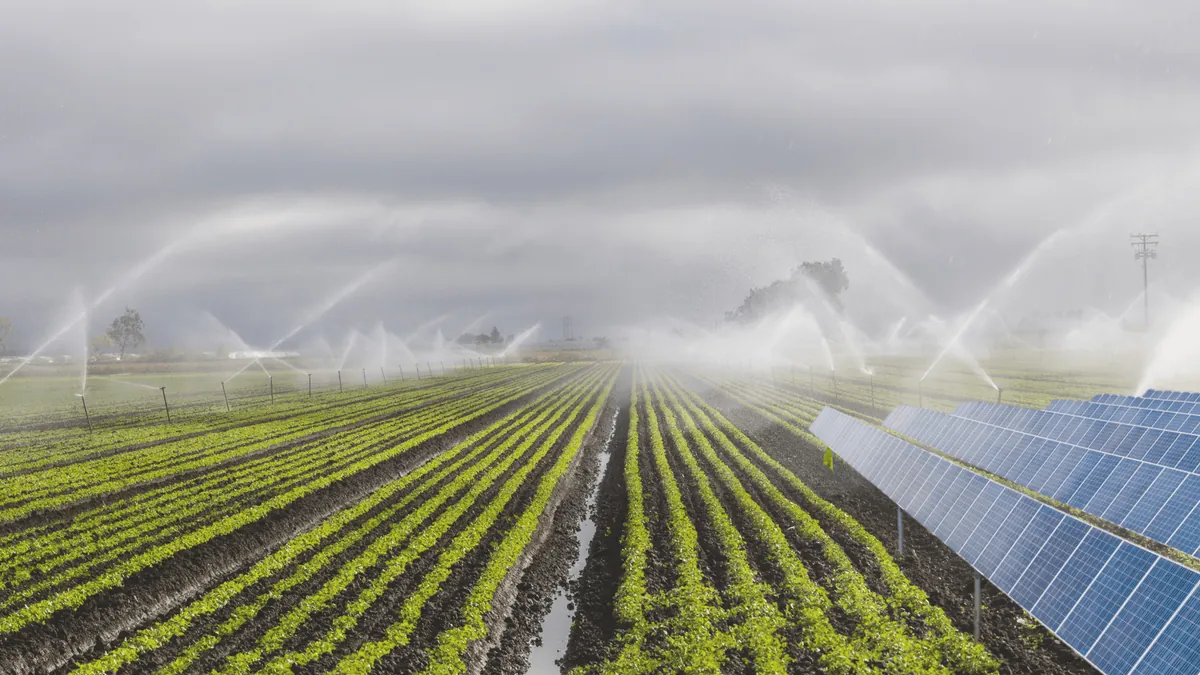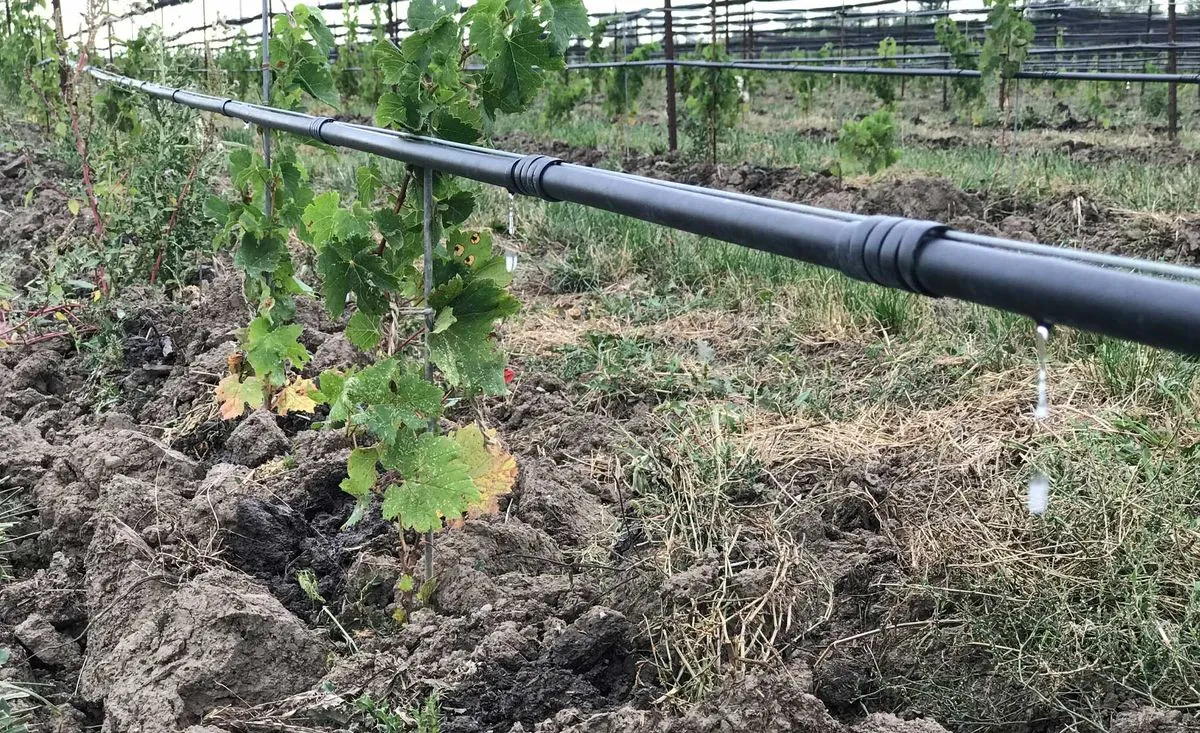MED9 Nations Unite to Combat Agricultural Water Scarcity
Nine southern EU countries pledge to develop water-saving technologies in agriculture amid climate change concerns. The MED9 group aims to share data and launch joint research programs to enhance water efficiency.

In a significant move to address the growing water scarcity issue in southern Europe, representatives from nine EU nations convened in Cyprus today. The gathering, known as MED9, brought together officials from France, Greece, Italy, Croatia, Portugal, Malta, Spain, Slovenia, and the host country to discuss innovative approaches to water conservation in agriculture.
The Mediterranean region, particularly vulnerable to climate change effects, is experiencing more severe droughts than other parts of the EU. This situation poses a substantial threat to food production and agricultural sustainability. In response, the MED9 countries have committed to:
- Develop and implement water-saving technologies
- Share technical and practical data
- Launch joint research programs
- Promote efficient water use in agriculture
Luis Planas, Spain's Agriculture Minister, emphasized the dual challenge facing the region: "We must both fight climate change and, at the same time, adapt the working conditions of our farmers to this new climate situation." This statement underscores the urgency of the situation, as agriculture accounts for about 70% of global freshwater withdrawals.

The meeting highlighted several innovative approaches to water conservation. Maria Panayiotou, Cyprus' Agriculture Minister, showcased "smart" irrigation systems that can reduce water usage by 30% while also generating power. These technologies align with the EU's Water Framework Directive, which aims to achieve good status for all water bodies by 2027.
Jose Manuel Fernandes, Portugal's Agriculture Minister, called for increased EU funding to finance new water-saving technologies and attract younger farmers to the sector. This aligns with the EU's Farm to Fork Strategy, which aims to make food systems fair, healthy, and environmentally-friendly.
Marc Fesneau, French Agriculture Minister, discussed the development of new crops capable of thriving in harsher climate conditions. This approach, along with the adoption of drought-resistant crops like sorghum and millet, could significantly improve agricultural resilience in the region.
The MED9 officials urged the EU to develop a common approach to water conservation while considering regional requirements. Mateja Čalušić, Slovenia's Agriculture Minister, stated:
This collaborative effort by the MED9 countries represents a crucial step towards addressing the water scarcity challenge in southern Europe. By leveraging innovative technologies, sharing knowledge, and promoting sustainable practices, these nations are working to safeguard their agricultural sectors and food security in the face of climate change.


































